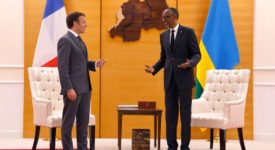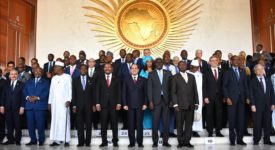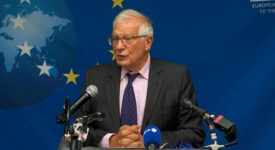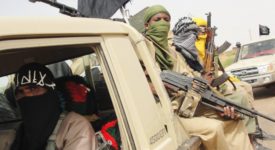Much of EU’s official development assistance (ODA) is skewed towards the former colonies of Europe’s biggest imperial powers until the 20th century, such as the UK, France, Spain, Portugal, Belgium, and Germany. France, for instance, is the world’s fourth biggest donor and spends most of its entire budget on its former colonies. The Organization for Economic Cooperation and Development (OSCE) reports that France’s major beneficiaries are Morocco, China, Vietnam, the Cote d’Ivoire, Colombia, Senegal, and Kenya. Only three countries of these ODA recipients were not former colonies of France – China, Kenya, and Colombia.
While it remains a mystery why China is among France’s biggest ODA recipients, Christian Reboul of Oxfam France explains that the country has always had a ”linguistic focus” in the provision of its development assistance. He moreover adds that this “Francophonie pre-condition” is not necessarily a bad thing because most former French colonies are among the poorest countries in the world, such as Burkina Faso, Benin, Djibouti, Comoros, Chad or Central Africa Republic. Thus, sub-Saharan Africa and the southern Mediterranean account for about 85 percent of the French development aid. “It’s politically easier to target Francophonie, than a former colonial empire, but at the end it’s exactly the same,” Mr Reboul added.
The provision of the British development aid roughly follows the same pattern. The United Kingdom is the world’s second biggest development aid donor after the United States. In 2014, the country provided €18 billion with most of its ODA going to Pakistan, India, Bangladesh, Nigeria or Tanzania, among others, which are all former British colonies. A government spokesperson explained that it was natural to choose countries in which “the UK is well placed to have a significant long-term impact on poverty”.
Belgium, the world’s 14th most significant donor, also provided most of its ODA to its former colonies – Congo, Burundi, and Rwanda. However, perhaps unlike France and the UK, Belgium has a rather complicated relationship with its former territories especially after it had criticized Congo for the lack of transparency and the absence of the state. With Rwanda, things are even worse as Rwanda’s President Paul Kagame accused the Benelux country of “direct involvement” in the 1994 genocide.







